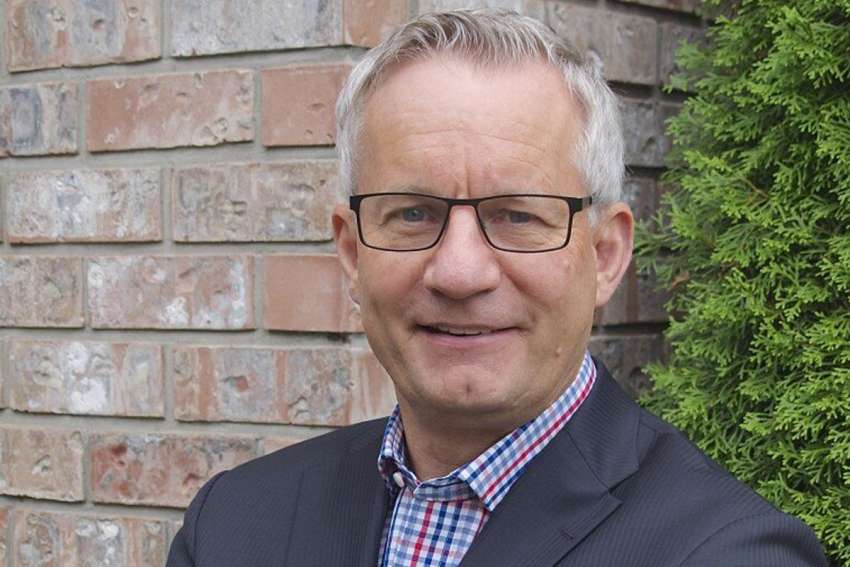This conviction was validated to an extent during second reading debate on Oct. 5 as NDP MP Don Davies signaled he will back Fast’s Bill C-314 on Oct. 18. That day the statute either advances onto study in committee or gets dismissed on Parliament floor.
Davies said the current rush toward expanding MAiD access on March 17, 2024, does a disservice to the Canadian public and psychological experts who believe the mental health apparatus is not ready for this profound change to the system. Davies advocated for adequate time “to facilitate a comprehensive national conversation about acceptable safeguards and the availability of medically assisted dying for those suffering from psychological or mental health conditions alone.” This action “would minimize negative impacts on people living with mental health problems and illnesses when they are most vulnerable, and on their caregivers and health professionals.”
Davies also extensively cited findings from a poll jointly released by the Angus Reid Institute and the Cardus think tank in September. About 82 per cent of Canadians oppose MAiD expanding without investments beforehand into better access for mental health supports, and 52 per cent fear if this procedure does get wider approval, treating mental health will no longer be viewed as a priority.
Fast told The Catholic Register that he and other Canadians seek to roll back MAiD so this country stops its descent down a slippery slope.
“Canadians are very, very uncomfortable with extending MAiD to the most vulnerable groups in our society,” said Fast. “It is not only the mentally ill. We know that the government has signaled that it is interested in extending MAiD to children, and children may receive MAiD without parental consent. That should be deeply troubling to all Canadians. I am also concerned with opioid-addicted people on the streets of Vancouver, Toronto and elsewhere. They have lost all hope of getting timely treatment and want to pull the plug on their life.
“The message that government should be sending is there is hope, and we need to do everything to help people find that hope.”
Fast shared the story of Donna Duncan during his parliamentary testimony. She was approved so quickly for assisted death — over the years she could not secure proper treatment for chronic mental health issues — that it blindsided her daughters Alicia and Christie, who reported this incident to the RCMP, suggesting this procedure was carried out by the practitioners in a shameful manner with no family consultation.
Conservative MP Len Webber shared an anecdote about a constituent named Anton, a man in his mid-20s at the time of the original MAiD debate in 2016. He visited Webber in his office and announced his desire for euthanasia because he was tired of living with perpetual mental health struggles. Ultimately, Anton found a way to seek professional help, and now, Webber says, he has found love and is looking to start a new business.
“I know that if MAID legislation in 2016 had permitted mental health as a sole reason, it is quite possible that Anton would have ended his life without exploring all of his options,” said Webber.
“I am very grateful for the perspective that Anton has given me on this issue, as it has profoundly convinced me that those whose sole condition is a mental disorder should not have access to medical assistance in dying.”
Meanwhile, Liberal and the Bloc Québécois speakers shared their intent to vote against Bill C-314.
Liberal Kevin Lamoureux said he will “fall back” on the “fine work” done already by the standing committees, stakeholders and mental health professionals on MAiD legislation and stick to the recommendation of allowing euthanasia access to expand in five months.
“Based on everything I have looked at and listened to over the last number of years, I have not been convinced that this is, in fact, the direction that we should be going with regard to Bill C-314. I am just not convinced,” said Lamoureux.
The Bloc Québécois’ Monique Pauzé took a more aggressive posture against Fast and his bill, accusing him of “blatant politicization of this issue.”
“Although I agree that being unable to afford a home and dealing with inflation and rising grocery prices are not pleasant experiences, associating them with medical assistance in dying for mental disorders is the worst kind of populism,” argued Pauzé. “This just shows an appalling ignorance of the many realities experienced by people living with mental illness or just plain ignorance in general. This is a position of contempt toward people who are working on many fronts to lead a somewhat normal life, despite the suffering caused by their mental condition.”


